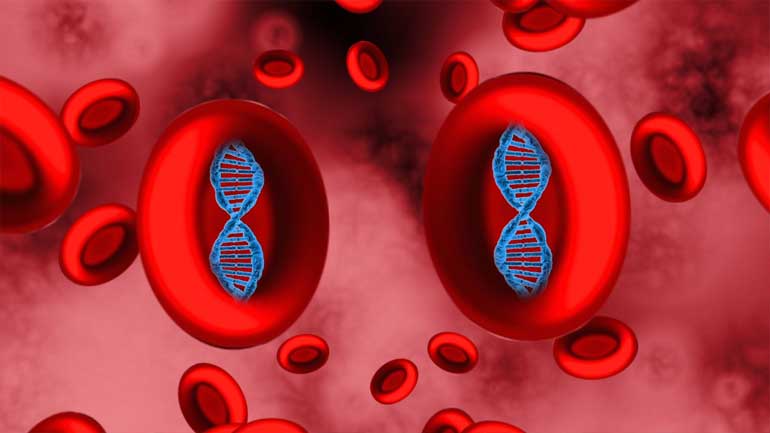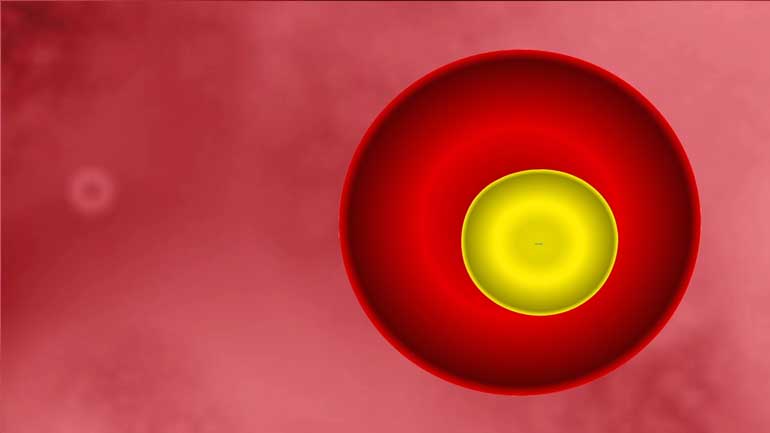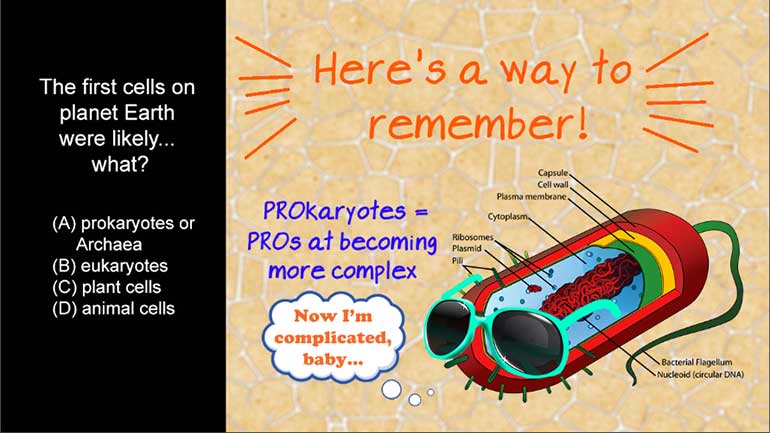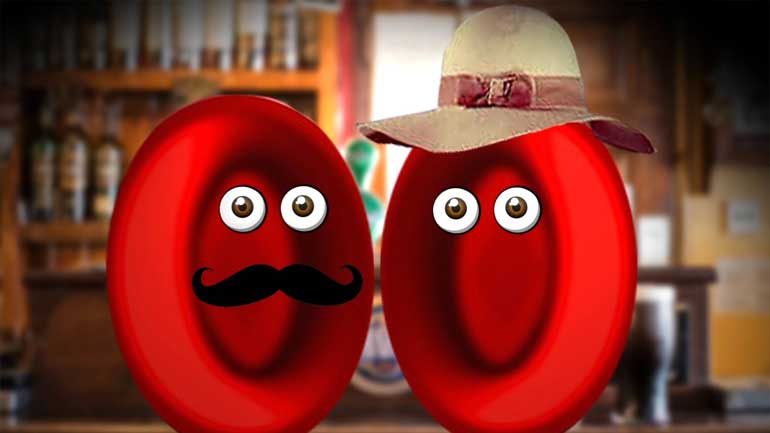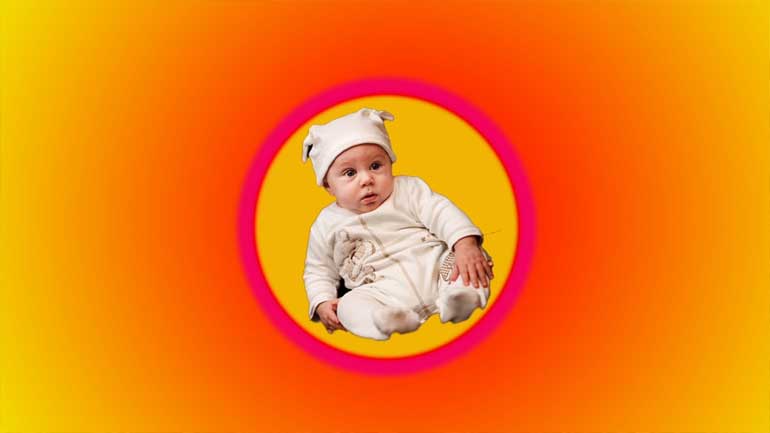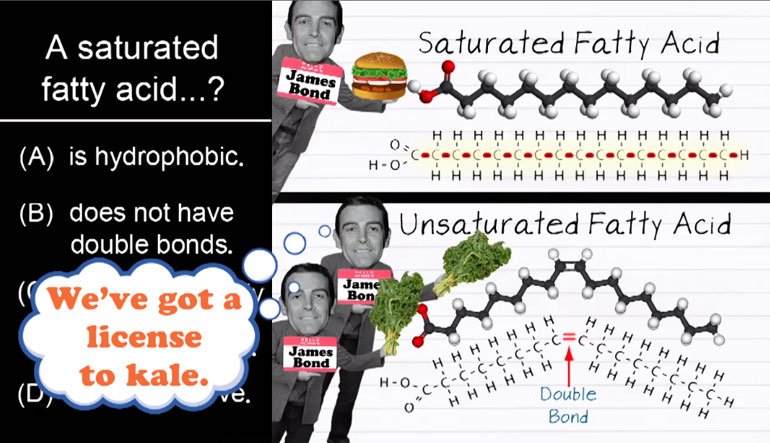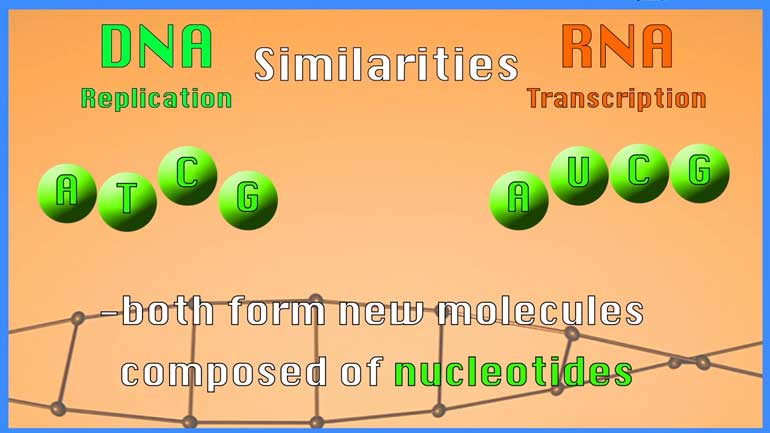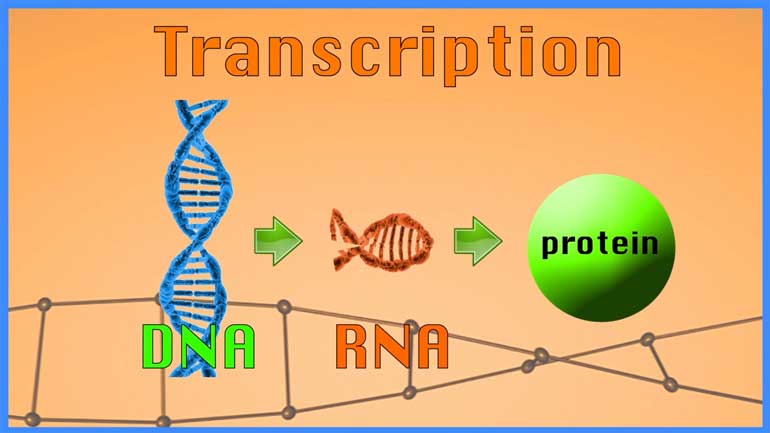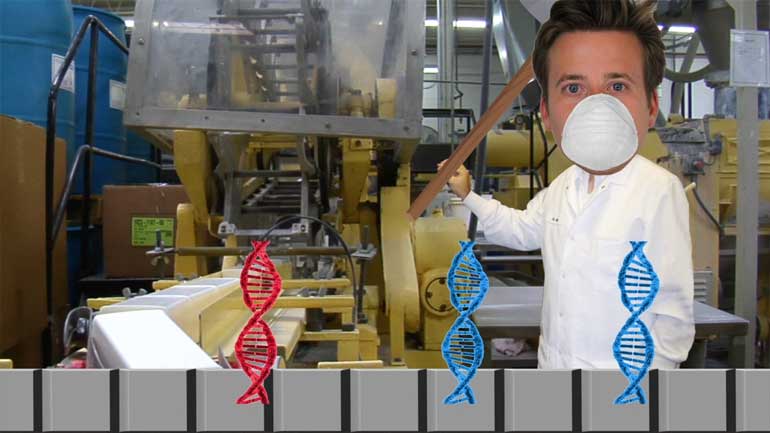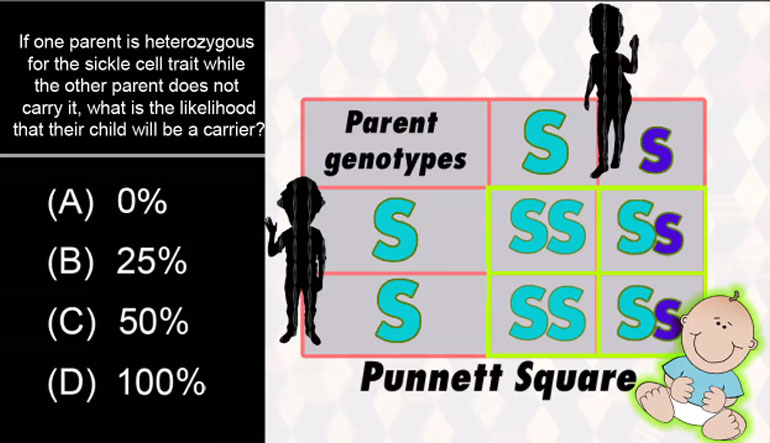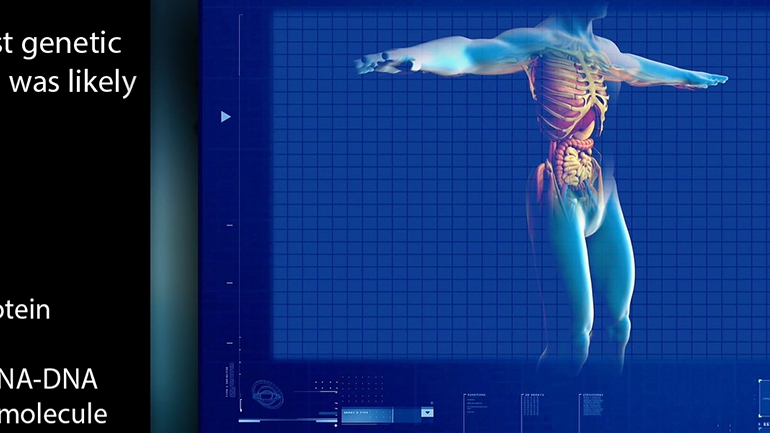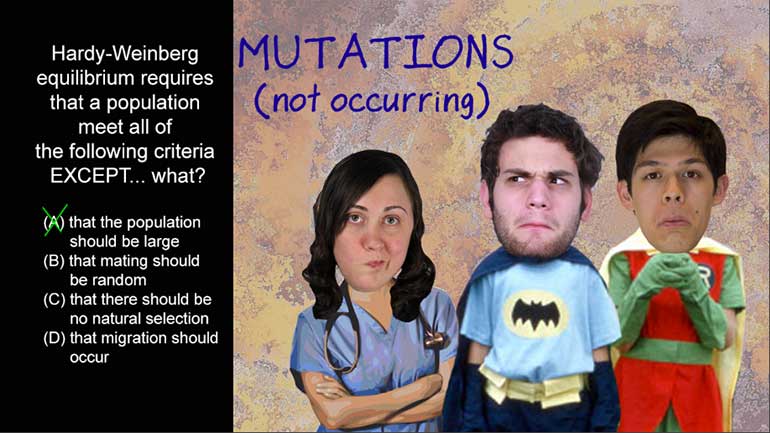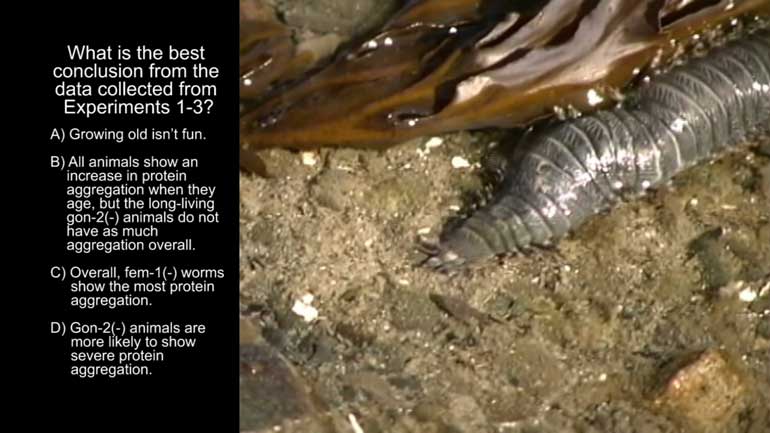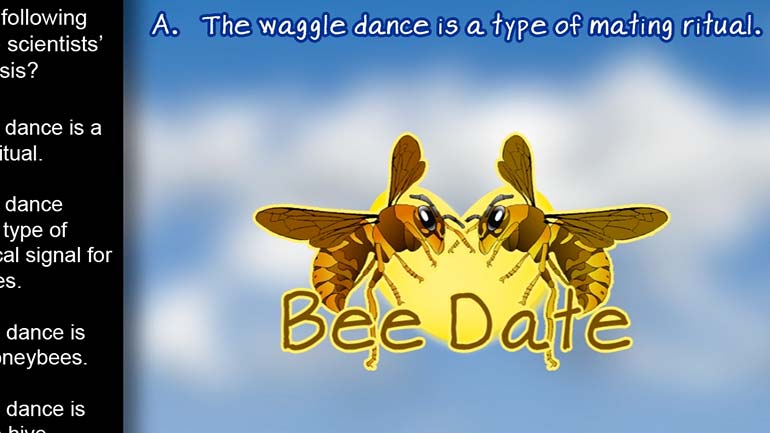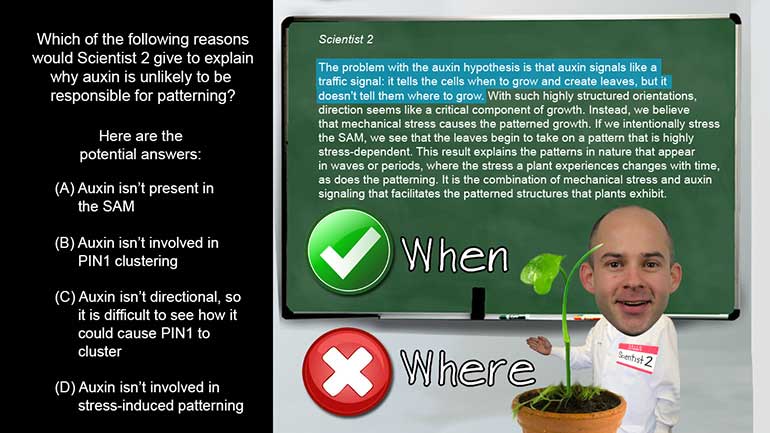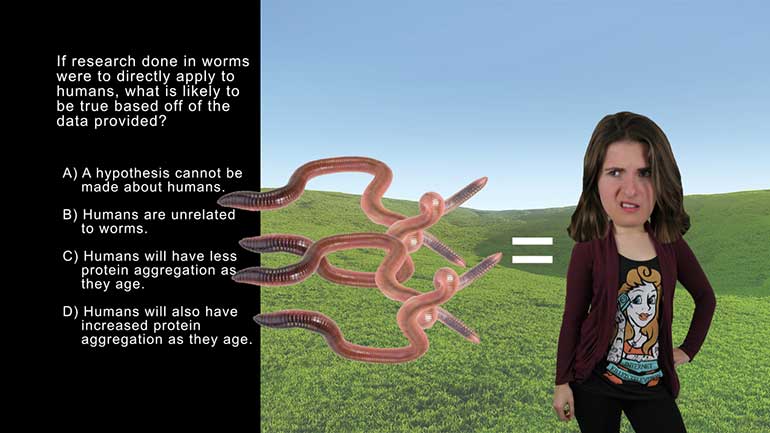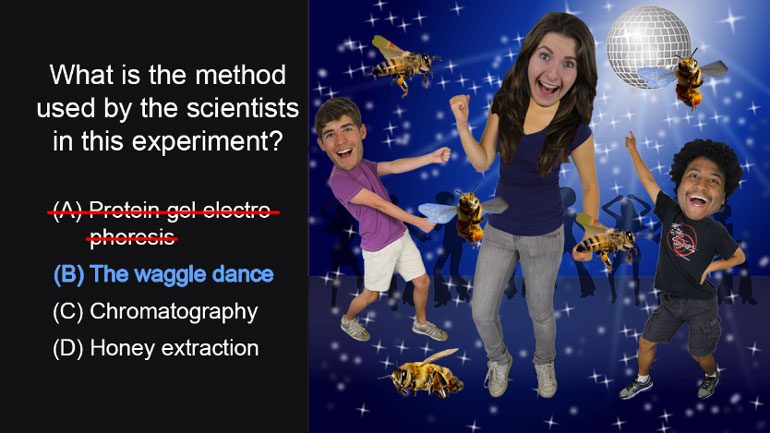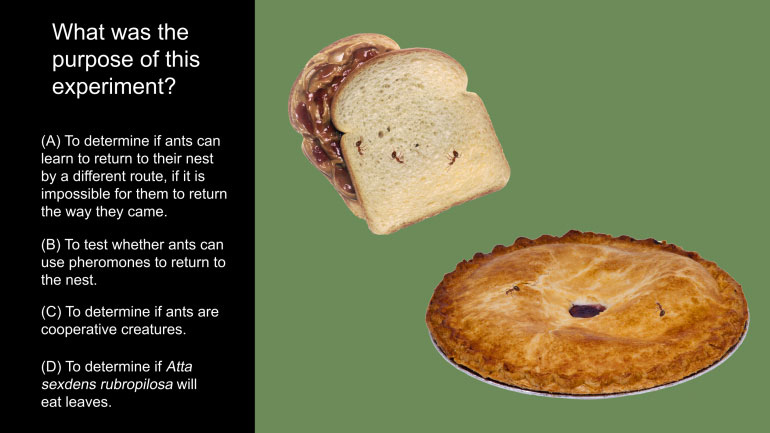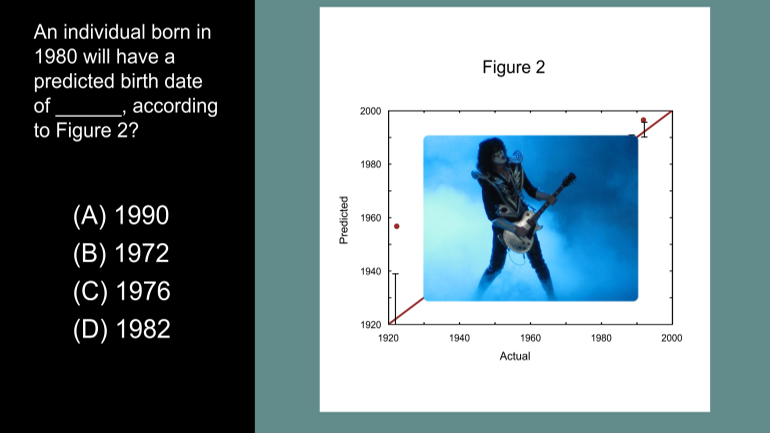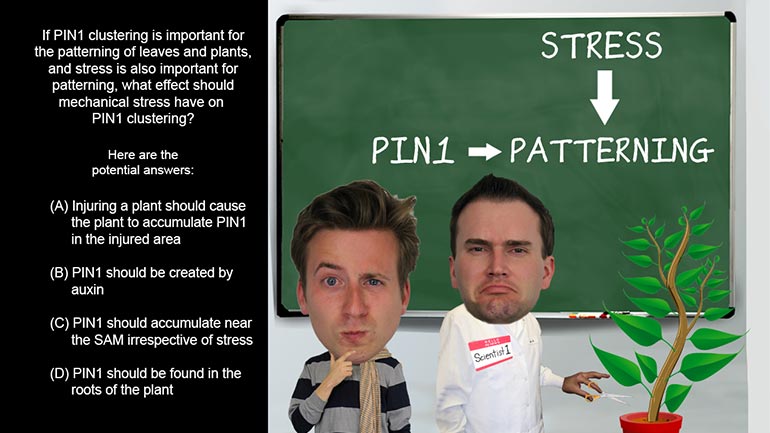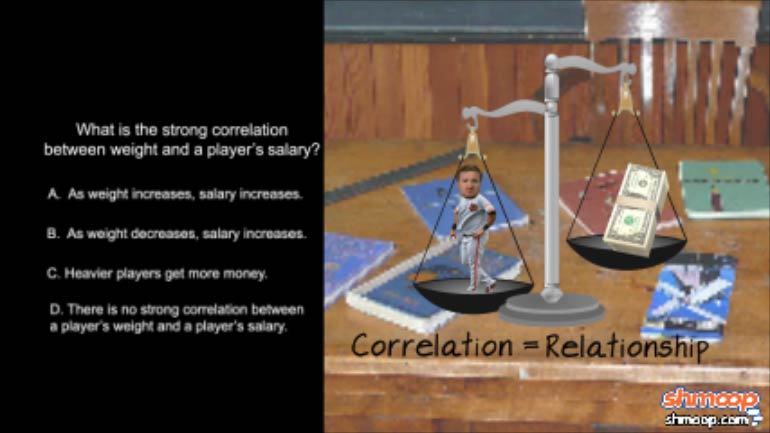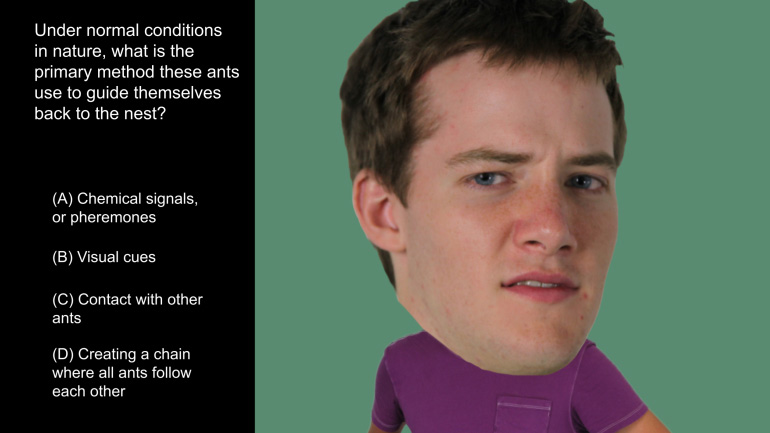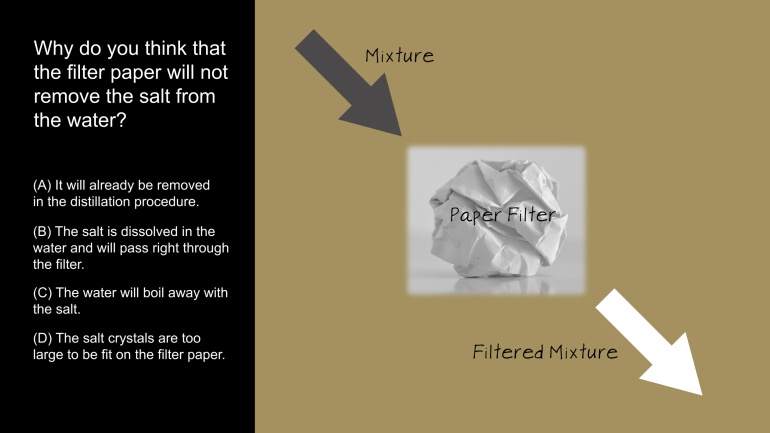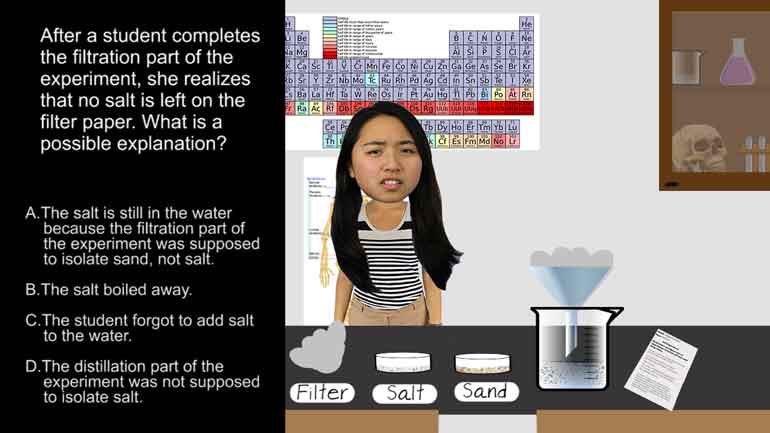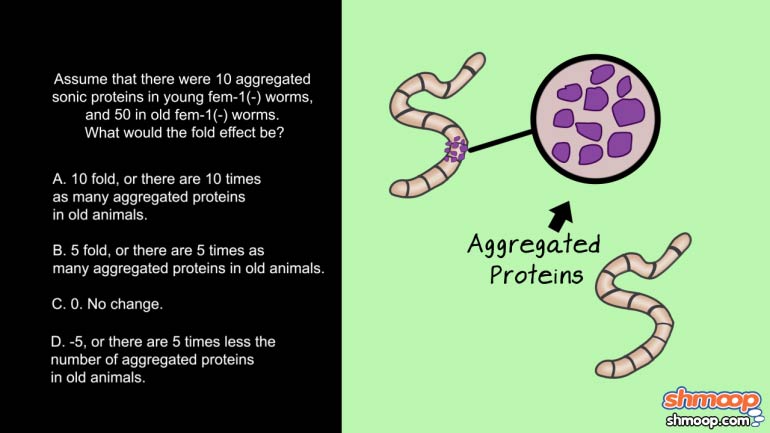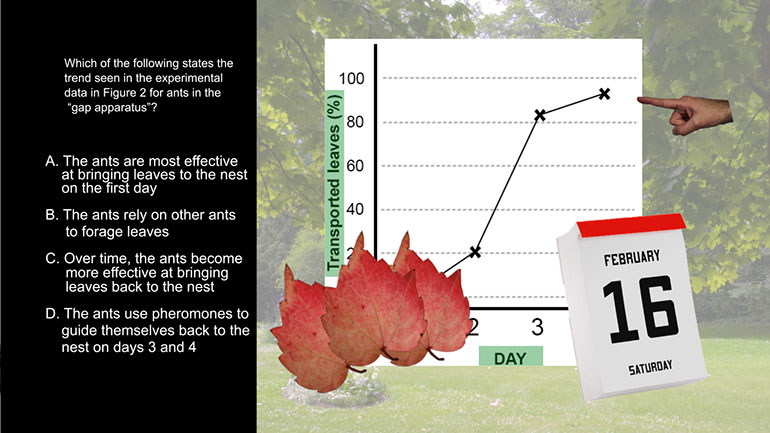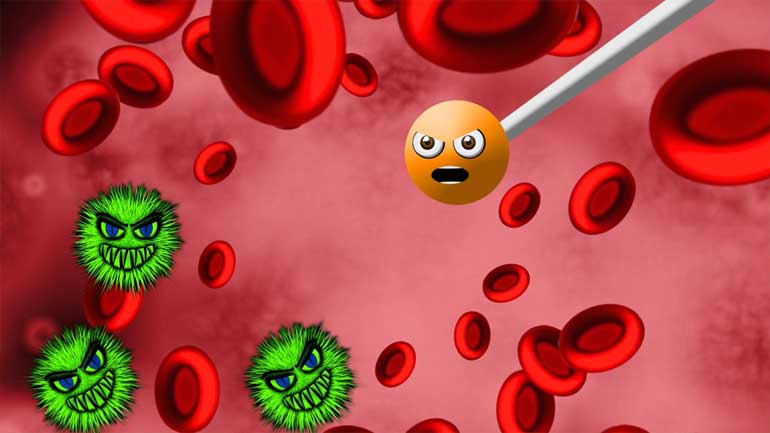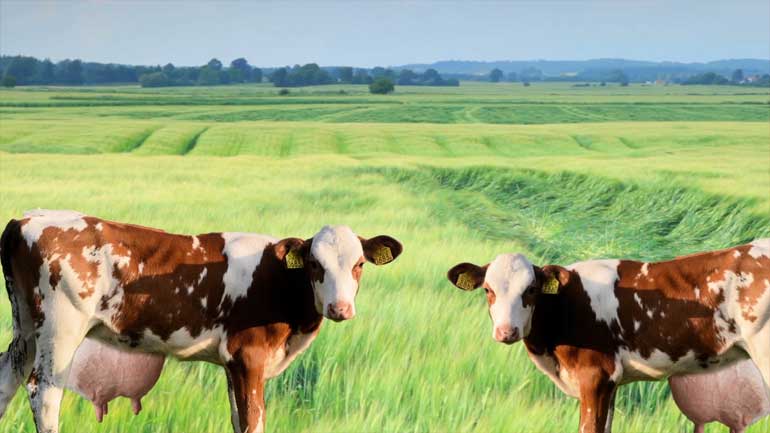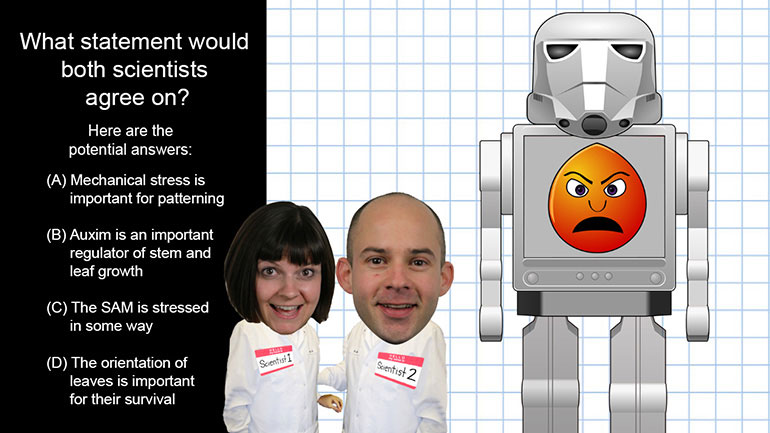ShmoopTube
Where Monty Python meets your 10th grade teacher.
Search Thousands of Shmoop Videos
Biology EOC Assessment Videos 41 videos
In this video from our course on molecular genetics, learn all about animal cloning.
In this video from our course on molecular genetics learn all about the nucleus.
AP Biology: Evolution Drives the Diversity and Unity of Life Drill 1, Problem 1. The first cells on planet Earth were likely what?
ACT Science 1.7 Research Summary Passage 225 Views
Share It!
Description:
ACT Science: Research Summary Passage Drill 1, Problem 7. What would you expect the chromatogram to look like?
Transcript
- 00:03
Here’s your Shmoop du jour, brought to you by stings.
- 00:07
Not those stings. The kind that hurt. With venom, not with love songs…
- 00:13
Here’s a passage about an experiment performed on the communication of honey bees.
- 00:22
And our test question:
- 00:24
The scientists decide to run a chromatogram on air outside the hive.
Full Transcript
- 00:30
What would you expect the chromatogram to look like?
- 00:33
Here are your potential answers…
- 00:40
What would a chromatogram from outside the hive look like?
- 00:44
We’ve already got 2 examples of chromatograms in the graphs above, but
- 00:48
neither of them were taken outside the hive. Let’s take a look.
- 00:52
Figure A, shown here, was taken inside the hive at the dance floor, where bees were dancing
- 00:57
and releasing certain compounds that are indicated by peaks A through D.
- 01:09
Figure B was taken inside the hive, but away from the dance floor.
- 01:13
The lack of peaks is from the lack of waggle dance compounds being released there.
- 01:21
So what might we get from a chromatogram taken outside the hive entirely?
- 01:25
Well, we can assume that since bees only perform the waggle dance in one specific area inside
- 01:30
the beehive, we probably won’t be seeing those waggle dance compounds on the chromatogram.
- 01:34
That means no peaks.
- 01:37
The only possible answer that fits that assumption would be B:
- 01:41
“It should lack peaks A through D”
- 01:44
Our answer is B, as in Bee stings.
- 01:47
Guys, no, come on, we’ve been over this.
Related Videos
ACT Science: Conflicting Viewpoint Passage Drill 1, Problem 1. What statement would both scientists agree upon?
ACT Science: Research Summary Passage Drill 2, Problem 1. Why do you think that the filter paper will not remove the salt from the water?
ACT Science Data Representation Passage: Drill 3, Problem 5. According to Figure 2, what birth date will be predicted for an individual actual...
ACT Science: Data Representation Passage Drill 1, Problem 2. Which of the following is a variable in Figure 1, but not in Figure 2?
ACT Science: Data Representation Passage Drill 1, Problem 1. What do the statistics in Figure 1 suggest?
